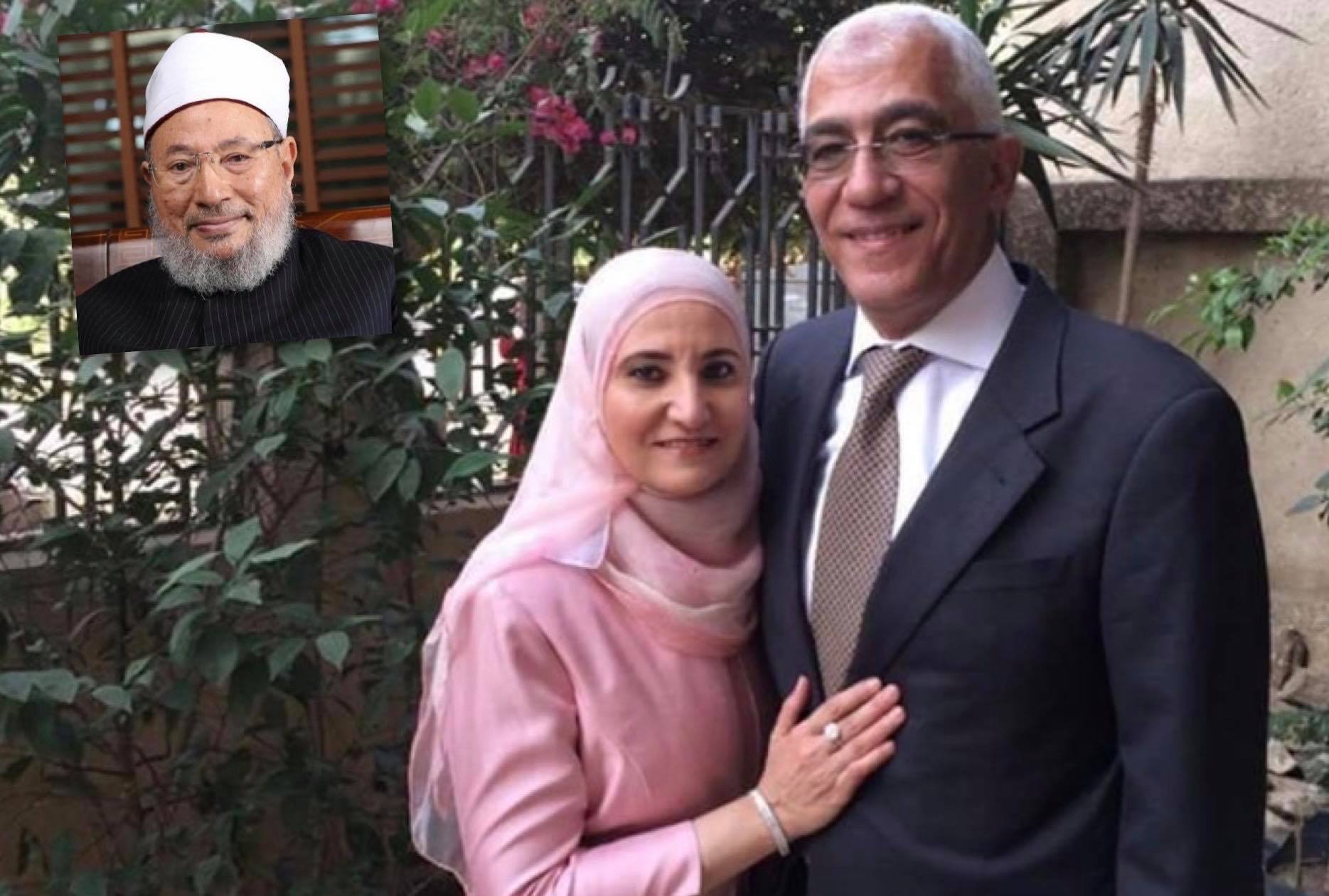Egypt’s move to acquire Russian-made Sukhoi Su-35 aircraft is facing possible US sanctions, despite the close relationship between US President Donald Trump and his Egyptian counterpart, Abdel Fattah al-Sisi. Cairo’s acquisition of these planes is expected to provoke great anger in congress. A number of members of congress expressed their anger at the fact that Egypt, which has received billions of dollars in American aid, was buying weapons from a competing country.
Seventeen members of the senate, from both parties, sent a letter to Defence Secretary Mark Esper and State Secretary Mike Pompeo demanding that they act against Egypt. The move could prompt Trump’s administration to implement the Countering America’s Adversaries Through Sanctions Act, known simply as CAATSA. It is expected that once the law is implemented, sanctions will be imposed on the Egyptian ally. American threats escalated, as Clark Cooper, the assistant secretary of state for political and military affairs, said that “the United States could impose sanctions on Egypt and block it from future military sales if it goes ahead with a purchase of Russian warplanes.”
Congress passed the CAATSA Act in 2017, with the goal of imposing sanctions on US enemies, such as North Korea and Iran. However, the target was mainly Russia, its military sales and foreign relations, and specific sectors such as energy, military production, and the financial sector. On July 15, 2020, the US Department of State updated its guidance regarding the implementation of Section 232 of Title II of CAATSA. The law provides that the president imposes five or more of the penalties set forth in Article 231 of the law in relation to a person or entity designated by the president that has participated in an important deal with the defence or intelligence sectors of the government of the Russian Federation or whoever works for it. Trump and the foreign minister in consultation with the treasury secretary, previously delegated the authority to implement these provisions.
The Wall Street Journal previously disclosed a message sent by the US Secretary of State for Defence to the Egyptian Minister of Defence, Mohamed Ahmed Zaki, which included a warning about the consequences of that deal.
In the letter, Washington asked Cairo to review its military and intelligence ties with Russia. For its part, Egypt responds to the American accusations that agreement with Russia on the Sukhoi Su-35 aircraft deal was made before the adoption of the American law, and therefore no sanctions should be imposed on Egypt. According to military reports, Egypt asked America to obtain the latest type of F-35 fighters, and this request was rejected. It seems that Egypt’s request will remain rejected, because these planes are prohibited from being sold in the Middle East except to Israel, and even the United States has rejected an earlier request from the Emirates to buy the same fighters.
In response to this refusal, Egypt agreed to purchase 20 Russian Sukhoi Su-35 combat aircraft, for $2 billion, which is close to the level of efficiency of the American F-35. For his part, the military expert David Des Roches, associate professor at the Near East South Asia Centre for Strategic Studies, says that there is no need for Cairo to acquire F-35s or Sukhoi Su-35s. Des Roches adds, “Egypt has enough ships, tanks and combat aircraft, as it cannot effectively use all these weapons, and it has no trained human capabilities yet.” He added, “Combat aircraft, whether Russian, American or European, will not assist Egypt in dealing with its major security challenges.” In the past, American sanctions were placed on certain sectors within the Defence Ministry which previously dealt with North Korea in missile production programmes. Des Roches confirms that “American military aid to Egypt is not popular in the US, as it is difficult to justify providing the Egyptians with more aid if they use the funds provided by US aid to purchase Russian aircraft.” The value of the aid that Egypt received from the United States exceeded $80 billion, as the federal budget for 2020 included $1.4 billion aid to Cairo.





Recent Comments